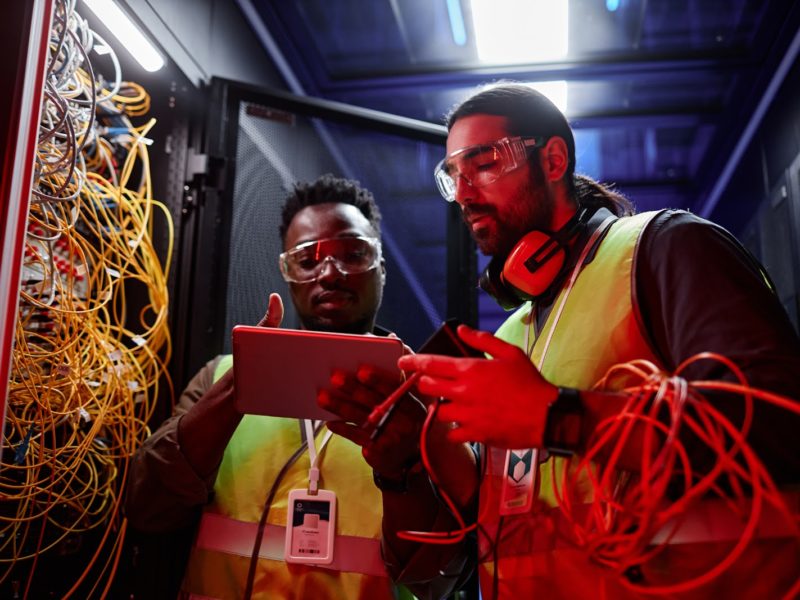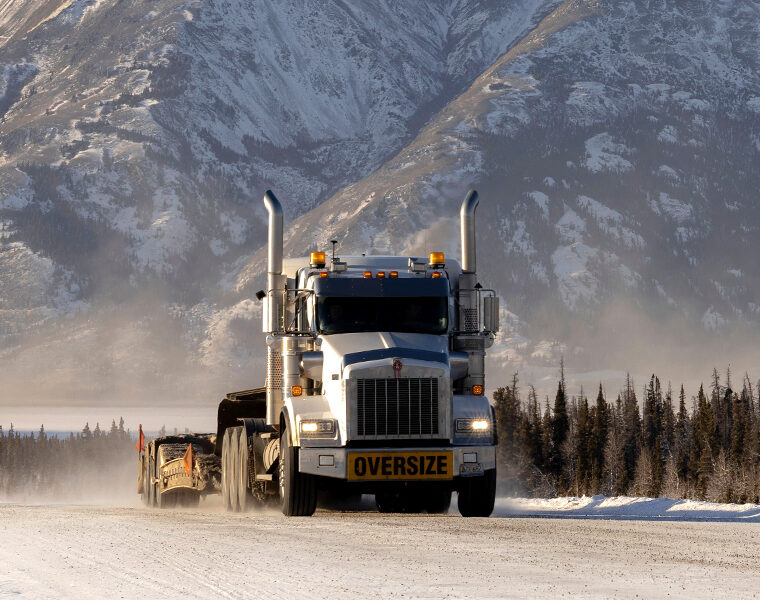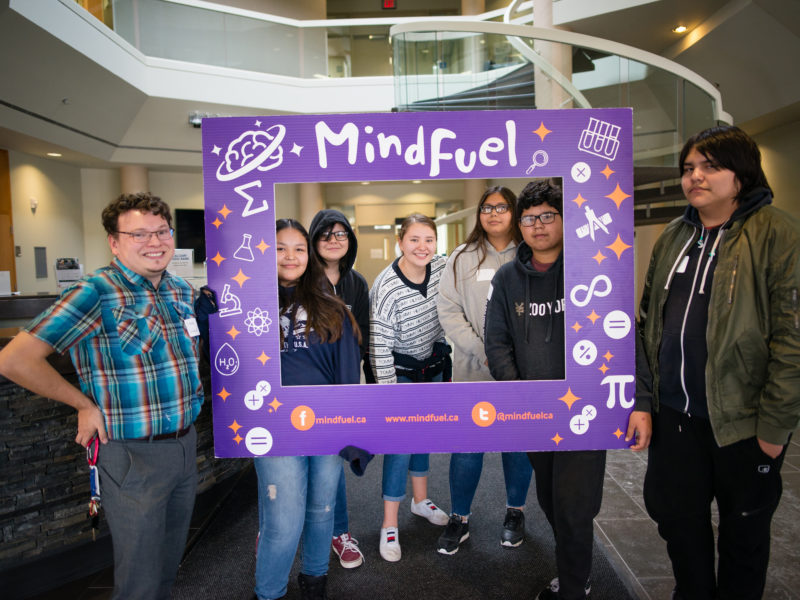Rural, Remote, & Northern Communities
Project
Calgary Regional WIL Secretariate and Platform
This project sought to revitalize the Calgary regional labour market by developing a more inclusive and comprehensive model for coordinating work-integrated learning (WIL) opportunities.
Project
Level Up Skills Evolution: Scaling Up Sectoral-Based Microcredentials
The Level Up Skills Evolution project begins with a unique premise – what if employers were more in the lead for designing microcredentials? The project therefore aimed to address workforce challenges by developing and scaling sector-based micro-credentials to help employers navigate technological change, labour shortages, and training gaps.
Research
Learning From One Another: Labour Markets in Yukon
The economy in Yukon is expected to grow by 41 per cent between 2024 and 2045. Employment in the territory is expected to increase by 10 per cent, mainly driven by increases in employment in public administration and defence, and commercial and non-commercial services. Read the primer to get our full analysis.
Research
Learning From One Another: Labour Markets in Northern Ontario
The economy in Northern Ontario has recovered from the effects of the COVID-19 pandemic and is expected to grow by 20 per cent over the next 20 years. However, the existing workforce is not able to fill the demand for labour in the region, which will continue to grow. This primer provides an overview of Northern Ontario’s labour market conditions. It is part of a multi-year collaborative research project which explores labour markets in Nunavut, Northern Ontario, and Yukon.
Project
Lighting Up the North
The Lighting Up the North project from Yukonstruct aimed to strengthen the entrepreneurial and innovation ecosystem by supporting initiatives that build skills, tools and resources. The project funded seven unique initiatives with community partners to support the needs of entrepreneurs and innovators in the region.
Project
Taking IT Digital
EntrepreNorth, which has been offering a cohort-based entrepreneurial growth program for Northern and Indigenous entrepreneurs, launched a project to develop an app to support their learners and alumni in building businesses, raising capital and creating impact within their own communities. The project sought to develop an accessible and inclusive business tool that would provide a streamlined way for these entrepreneurs to share and access resources to support the growth and impact of their businesses.
Research
Digital Technologies and the Big Data Revolution in the Canadian Agricultural Sector
Researchers at the University of Saskatchewan’s Canadian Centre for the Study of Co-operatives reviewed the literature to examine the response in Canada and elsewhere by farmers, agribusiness firms, agricultural organizations and governments to the emergence of big data generated by the use of the IoT in agricultural production processes.
Project
Addressing Regional Labour Shortages
Despite the labour shortage in forestry management in Canada’s North, there is a lack of innovative and engaging training methods and capacity to deliver reforestation skills to remote Indigenous communities.
To help meet the need for this training, and to make it accessible and more engaging in digital form, the Northern Alberta Institute of Technology (NAIT) created two courses that featured immersive, 360° photos and videos, and a tool kit for instructors who do not have in-depth technical knowledge on how to develop immersive curriculum content.
Project
Tech Futures Initiative
MindFuel came alongside Indigenous communities to address the barriers faced by Indigenous youth in rural and remote communities by implementing STEM and innovation programs for youth.










